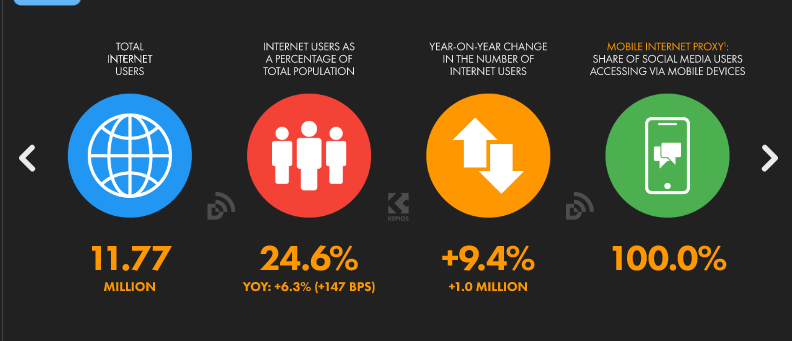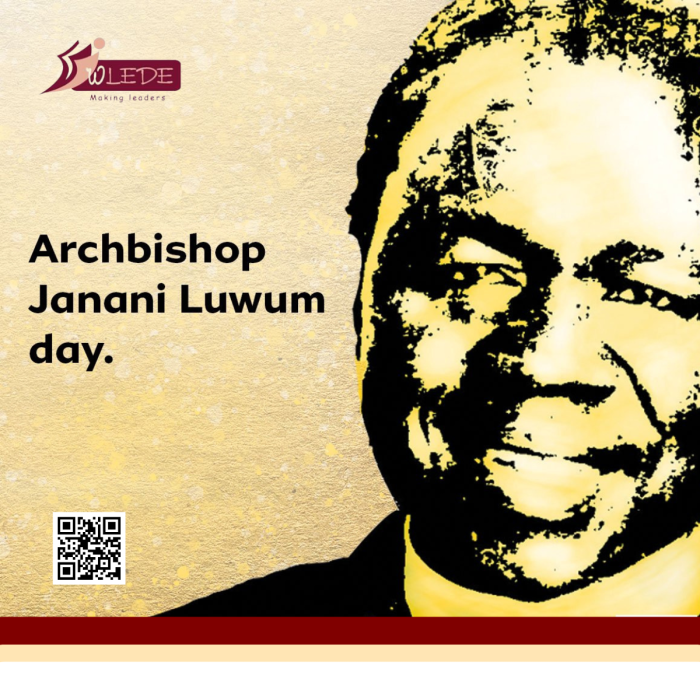
In an age defined by rapid technological advancement, the internet stands as a catalyst for change, transforming the landscape of civic engagement in Uganda. As traditional methods evolve, the digital sphere emerges as a vibrant arena for citizens to voice their concerns, advocate for change, and participate in shaping the future of their nation.

The internet, with its accessibility and reach, has democratized the process of civic engagement, offering Ugandans a platform to express their views and connect with like-minded individuals on a scale never before possible. Social media platforms, online forums, and digital petitions have become invaluable tools for mobilizing communities, raising awareness, and holding authorities accountable.
One of the most notable aspects of internet-enabled civic engagement is its inclusivity. Regardless of geographical location or socio-economic status, Ugandans can now actively participate in discussions, debates, and initiatives that impact their lives. This inclusivity fosters a diverse range of perspectives, enriching the discourse and ensuring that marginalized voices are heard.
Moreover, the internet facilitates real-time communication and information sharing, allowing citizens to stay informed about pressing issues and engage in constructive dialogue. Whether it’s discussing policy proposals, organizing grassroots campaigns, or amplifying social justice movements, the digital realm empowers individuals to drive meaningful change from the grassroots up.
Additionally, the internet serves as a vital tool for civic education, providing access to resources, articles, and educational materials that empower citizens with knowledge about their rights, responsibilities, and the workings of governance. By fostering digital literacy and critical thinking skills, the internet equips Ugandans to actively participate in democratic processes and hold their leaders to account.
However, while the internet presents unprecedented opportunities for civic engagement, it also poses challenges that must be addressed. Issues such as online misinformation, digital divides, and censorship threaten to undermine the integrity of online discourse and hinder meaningful participation. It is imperative that stakeholders work together to overcome these obstacles and create an online environment that is conducive to open dialogue, transparency, and inclusivity.
In conclusion, the internet has revolutionized the way Ugandans engage with civic life, offering a powerful platform for collective action, dialogue, and advocacy. By harnessing the power of technology, citizens can work towards building a more just, equitable, and participatory society. As we navigate the complexities of the digital age, let us seize the opportunities afforded by the internet to strengthen democracy, amplify voices, and create positive change for Uganda and its people.
![Women Leadership Development [WLEDE]](https://wlede.org/wp-content/themes/kipya/images/logo-WLEDE.png
)





